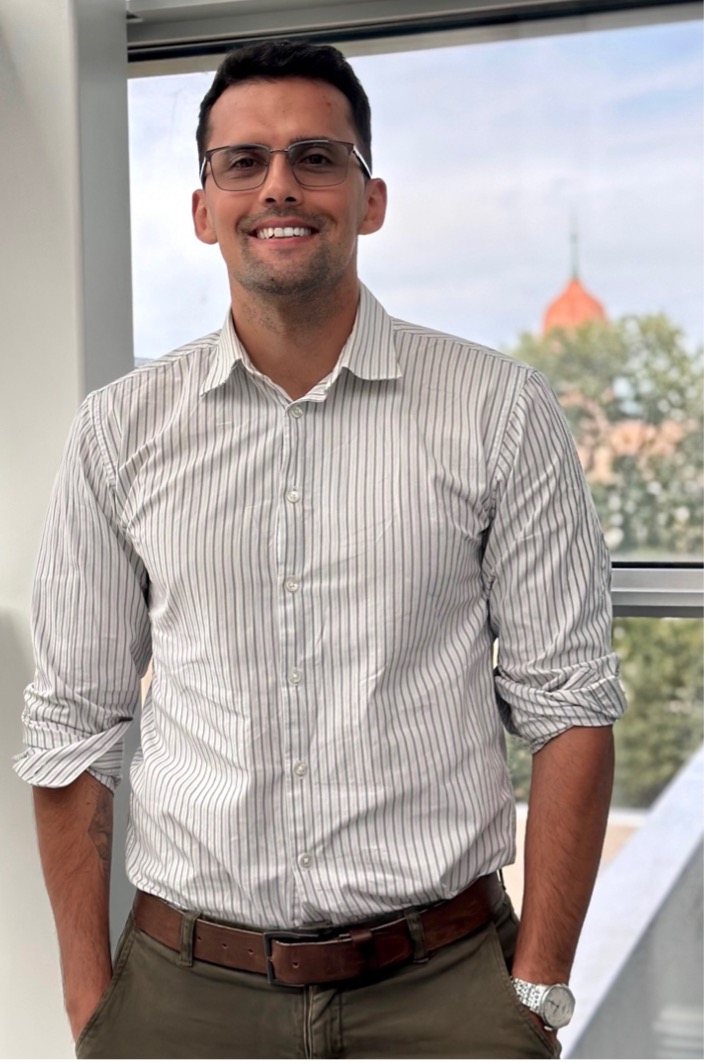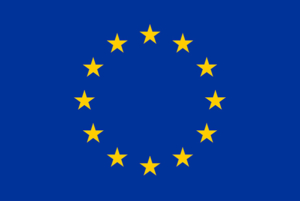Nicolás Rangel Jurado
Colombian earth scientist with BSc and MSc degrees in Geological Sciences. Highly proficient in field practices, hydrogeology, numerical modeling, fluid dynamics, and thermal geophysics particularly oriented towards geothermal exploration and deployment. His academic and work experiences in renewable energy are applicable and transferable to a broad range of projects in the energy-mining sector worldwide.
He participated in field campaigns and masters various state-of-the-art software and coding languages. He has no doubt that geothermal energy should be at the cornerstone of scalable decarbonization of most modern societies given its clean, ubiquitous and reliable nature.
- Ph.D. Student, ETH Zürich, Switzerland – RWTH Aachen, Germany (2021 – )
- Sc. Geological Engineering, Cornell University (2019 – 2021).
- Junior Consultant, Integrated Reservoir Solutions (2019).
- Technical Support Analyst for G&G applications, Halliburton (2018 – 2019).
- Sc Geoscience, Universidad de los Andes, Colombia (2013 – 2018).
Project Title: Option of using CO2 instead of water as the subsurface energy extraction fluid in EGS and in sedimentary basins
Host Institutions: ETH Zürich, RWTH Aachen, TU Delft, Geoenergie Suisse
Supervisory Team: Martin Saar, Florian Wellmann, Maren Brehme, Peter Meier
Start date: 15.7.2021
ESR Objectives:
Initial results have shown that using CO2 as the subsurface working fluid can considerably improve the efficiency of geothermal energy extraction, while likely reducing fluid-mineral reactions. However, this topic needs to be further investigated, as most publications to date are on theoretical and numerical investigations.
What is missing are actual field investigations, where CO2 is injected and circulated through (geothermal) rocks, for example at the Bedretto Underground Laboratory in Switzerland and possibly at CO2 Storage sites, such as Aquistore in Canada.
We would also like to explore potential cross-fertilizations between CO2-driven EGS systems in crystalline rocks and CO2-Plume Geothermal systems (CPG) in sedimentary rocks.
Research Update
At ETH Zürich, we successfully completed a core-scale laboratory experiment that studied the chemical reactivity of CO2-rich mixtures towards rock formations in Switzerland that could potentially be used for CO2 geological sequestration and/or CO2-based geothermal energy extraction. For this, we exposed two rock specimens from the Muschelkalk and the Gipskeuper formations (one reservoir rock and one caprock) to water-saturated CO2 under elevated pressure and temperature conditions for several weeks. Before starting the experiment and upon completion, a wide range of high-resolution techniques, such as scanning electron microscopy, x-ray computed tomography, x-ray diffraction, among others, were employed to characterize the evolution of the morphology, petrophysical properties, and chemical composition of the samples. This experimental investigation represents a critical step toward establishing the long-term security and technical feasibility of deploying CCS and CO2-based geothermal energy systems.
Additionally, during Nicolas’ secondment at RWTH Aachen, we have been working on the deterministic and stochastic modeling of various types of deep geothermal systems. Several reservoir models (e.g., open-loop vs. closed-loop configurations & water-based vs. CO2-based extraction) have been constructed in order to establish their comparative techno-economic performance for heat and electrical power generation. For our reservoir modeling, we have used stochastic methods and Machine Learning tools that allowed us to efficiently consider a wide range of reservoir properties and operating conditions. This modeling study aims to answer the question: What is the most cost-effective strategy to develop geothermal energy pervasively using today’s reservoir engineering and drilling technology?



 This project has received funding from the European Union’s Horizon 2020 research and innovati
This project has received funding from the European Union’s Horizon 2020 research and innovati